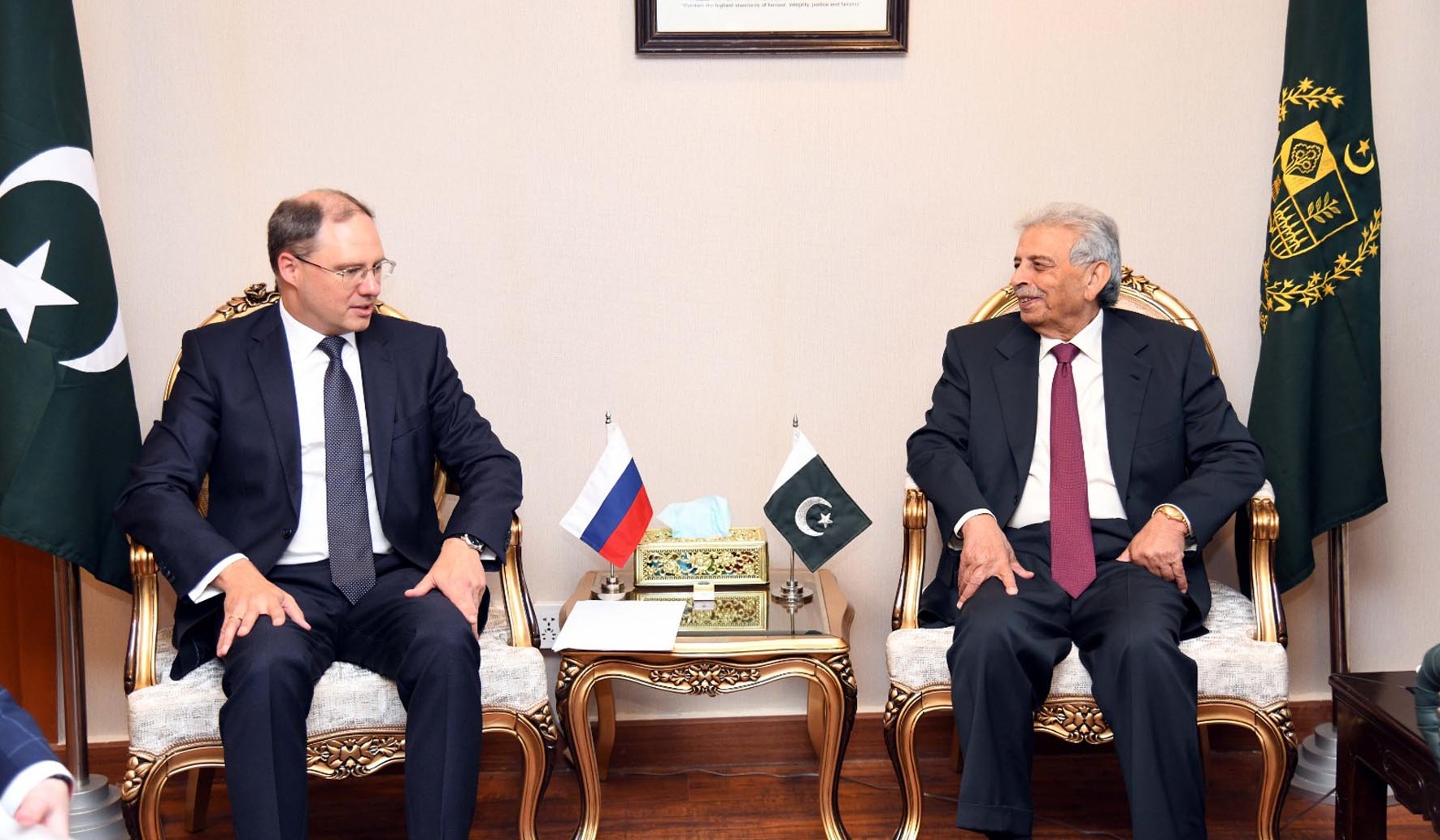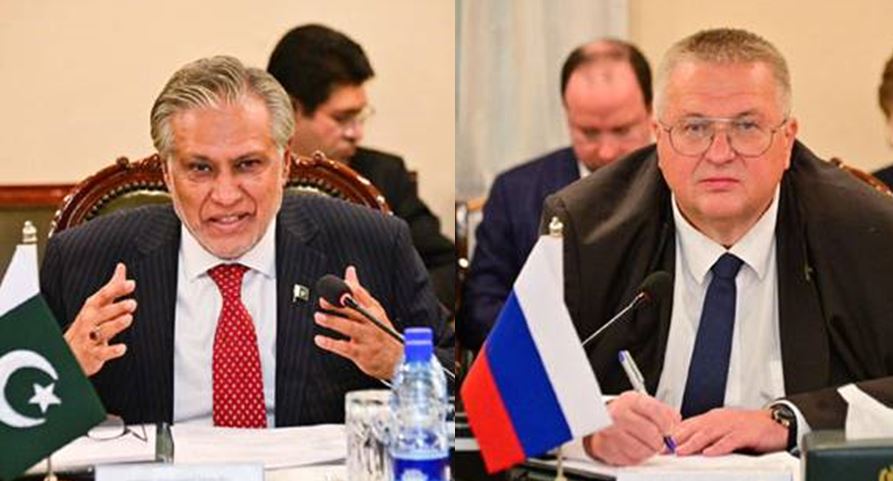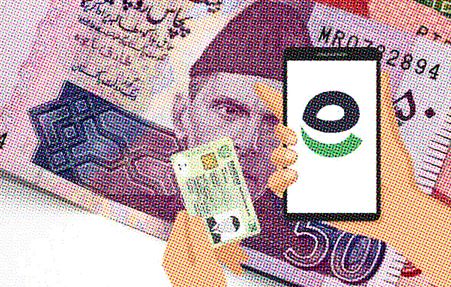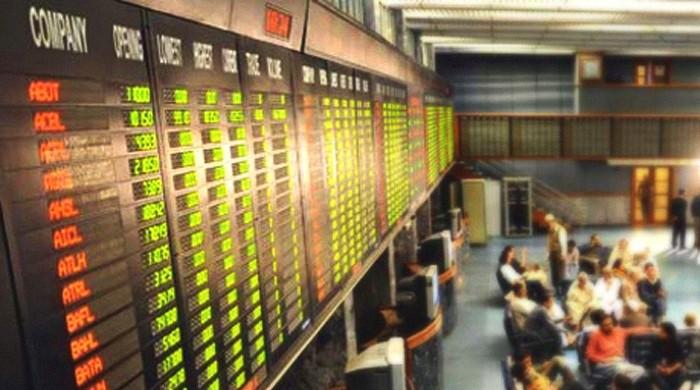ISLAMABAD:
Economic liberalisation, no intervention, no subsidies and least regulation are the key to the success of countries that emerged as global export leaders after the 1980s. Unfortunately, Pakistan didn’t accept it wholeheartedly.
For the past 34 years, I have observed a pervasive fixed mindset of the bureaucracy, not ready to learn the good for change. They are indulged in the romance of maintaining the status quo and going slow.
This deep-rooted culture is one of the major causes of our economic corrosion. SIFC can make them vibrant and help learn a market-based approach, become disciplined and make quick decisions.
Reshuffling blended with private sector professionals is a must for capacity building of the Masters in History.
Bureaucracy is following the orthodox policies of intervention of the 1950s to control farming, business, and industries. As a result, neither agriculture nor industry could flourish in the past 76 years.
Since decades, the country has been growing four major crops – wheat, cotton, rice and sugarcane – and now maize has been added as the fifth key crop.
Except for cotton, the other four major crops are of low value ranging from $200 to $400 per ton. Some 90% of growers are small landholders having three to 12 acres of land.
Arable land is shrinking owing to the setting up of housing societies on the main alluvial fertile land, but unfortunately we are not developing or reclaiming more land.
Exports of China, India, Singapore, the UAE and many other countries have increased as they import raw material and raw agro commodities. Some are exporting goods via third country. Singapore’s 85% of exports are made through the third country and Dubai is also following Singapore’s export model.
Pakistan’s policymakers talk about agro-based value-added industries but they don’t realise that running an industry on a seasonal domestic produce is not feasible unless it runs throughout the year, gets local raw material in off-season as well as via imports.
In case a domestic crop faces shortfall due to climate change or it is become economically unviable to add value, industries may get uninterrupted imported raw material. For instance, fresh tomato value-added industries are not feasible because of the local seasonal produce hence the country is bound to import.
Read PBF says agri-sector capable of doubling $3b contribution
Sesame seeds are exported mostly in natural (un-hulled) form during the season when prices are competitive internationally but hulled sesame and edible sesame oil are not among our regular export items.
Sesame oil industries or the export of hulled sesame seeds for bakeries can remain continue throughout the year provided if we adopt an open import policy, allow duty and tax-free import of raw sesame seeds, like the way India is doing for many agro commodities such as pulses, raw cashew nut, sesame seeds, etc.
Exporters are timorous and are reluctant to invest in Export Processing Zones or avail themselves of the Duty and Tax Remission for Export scheme as well as Export Finance Scheme as cumbersome rules discourage them.
Once Afghanistan was Pakistan’s largest export destination but now others have taken over this market. We increased import tax on Afghanistan’s produce, which found way into India, Iran and China.
Before the increase in taxes on Afghan goods, Pakistan was exporting agricultural commodities. Instead of retaliating by slapping import duties, we need to allow tax-free imports of Afghan produce under Chapter 7 and sign a selective free trade agreement with Iran to curb smuggling.
The minimum support price policy was introduced in the late 1950s but except for a few years, the country faced wheat crisis several times, though it hiked the support price from Rs9.50 per 40 kg in 1952-53 to Rs4,000 in 2024.
The intervention through the support price, procurement of wheat for building strategic stocks and export subsidy made vulnerable the supply chain of this strategic staple crop. This policy neither helped growers nor consumers, who could not get flour at affordable prices, but surely the subsidy doled out by the government reached into the deep pockets of flour millers.
The millers always grind wheat to produce more fine flour (Maida) to sell at a premium to biscuit factories, bakeries, sweet, pizza, noodles and pasta sellers, and supply a less quantity of 2.5-grade flour for the ordinary consumers.
The minimum support price has failed to make the country self-sufficient in wheat, cotton and sugar, which we are compelled to import at regular intervals.
This support price could not change lives of small landholding growers with less than 12 acres of land but the public exchequer is bearing a burden of Rs630 billion to finance the commodities’ operation.
If the support price policy is shifted from wheat, cotton and sugarcane to the high-value minor crops, Pakistan can not only become self-sufficient but can emerge as a major exporter of these crops.
Support price for oilseeds like canola, soybean, sesame, mustard, sunflower, peanuts, pulses legumes, fennel, Ajwain, cumin, turmeric, coriander, Dandicut round chilli, flax seeds and Tukmaria (Tukham Balango) can help to increase the production of these high-value crops valuing in the range of $1,000 to $6,000 per ton.
By abandoning the old-fashioned wheat policy, the government should allow the private sector to enter the arena like it did in the case of rice.
Pakistan’s agricultural and food security is increasingly dependent on imports and imported hybrid seeds, therefore, it needs to develop indigenous seeds and most importantly open pollinated varieties. This will enable growers to use in-house graded and healthy seeds and reduce the high cost of hybrid seeds, which are one of the main causes behind high food inflation and elevated prices of rice, garlic, fresh vegetables and fruits.
The DG Green Pakistan Initiative may call a meeting of agricultural research institutes, which number around 200 and are working in the centre and provinces.
These institutes have become white elephants, enjoying salaries, perks and free housing but their performance is next to nothing. For instance, a tea plantation project, initiated in the 1950s, did not deliver any satisfactory results.
The writer is a commodities connoisseur, former managing committee member of REAP and former VP of KCCI
Published in The Express Tribune, March 25th, 2024.
Like Business on Facebook, follow @TribuneBiz on Twitter to stay informed and join in the conversation.
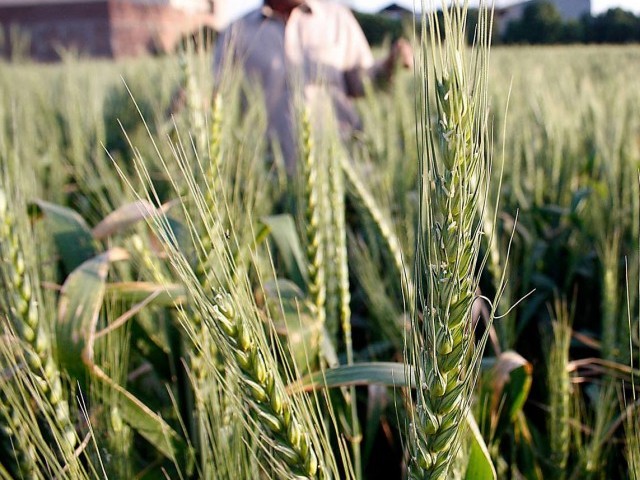

 Technology6 مہینے ago
Technology6 مہینے ago
 Pakistan7 مہینے ago
Pakistan7 مہینے ago
 Sports6 مہینے ago
Sports6 مہینے ago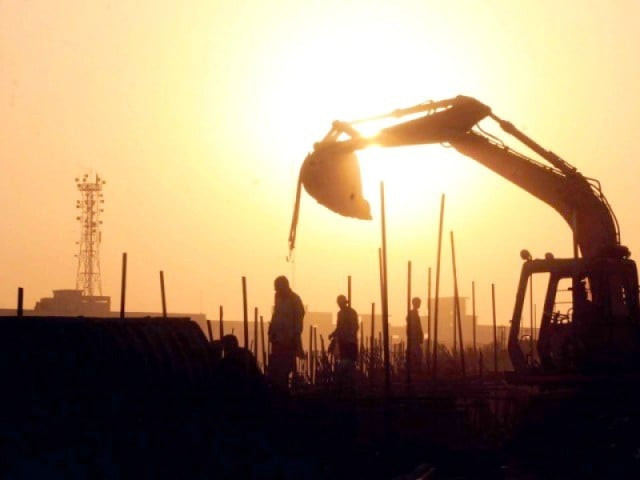
 Pakistan6 مہینے ago
Pakistan6 مہینے ago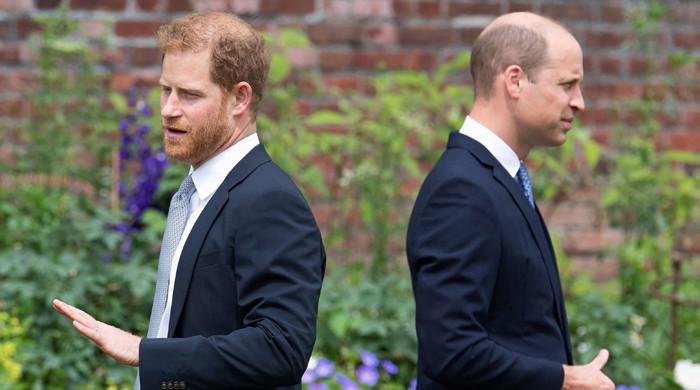
 Entertainment6 مہینے ago
Entertainment6 مہینے ago
 Pakistan6 مہینے ago
Pakistan6 مہینے ago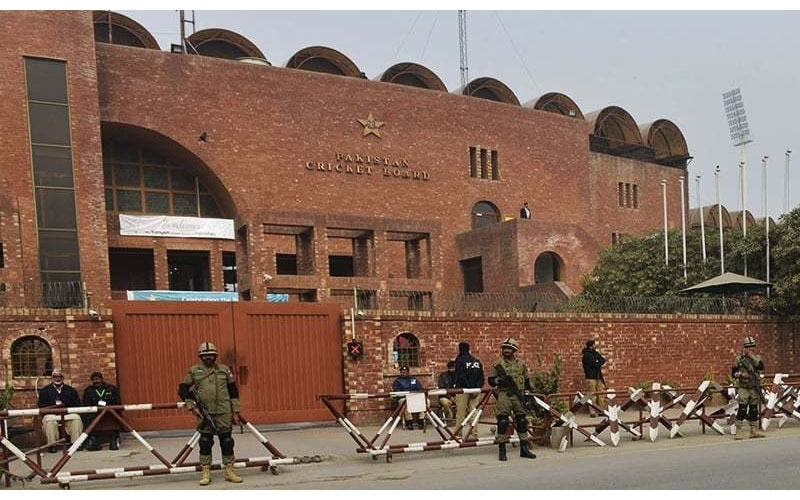
 Sports5 مہینے ago
Sports5 مہینے ago
 Pakistan6 مہینے ago
Pakistan6 مہینے ago
